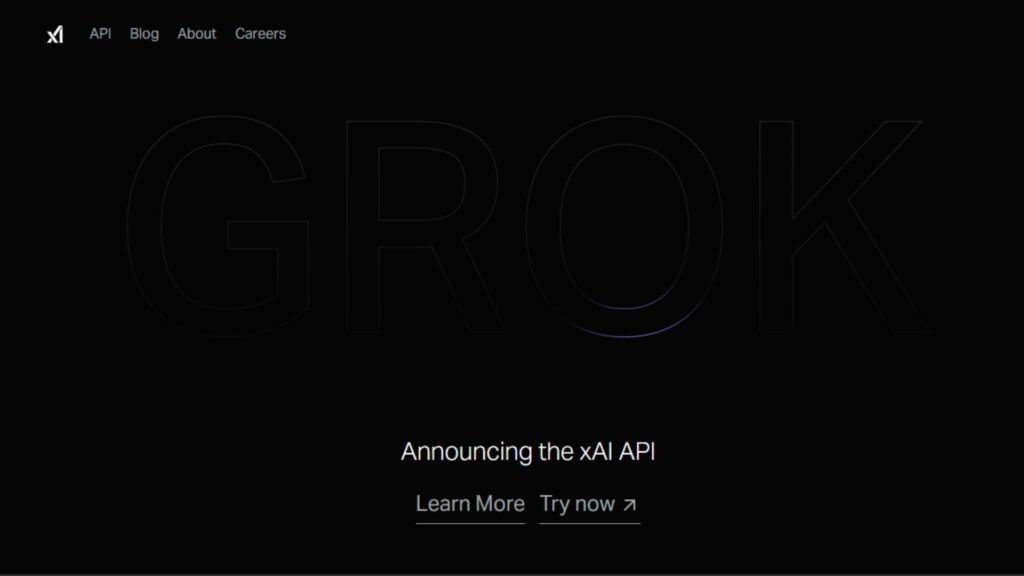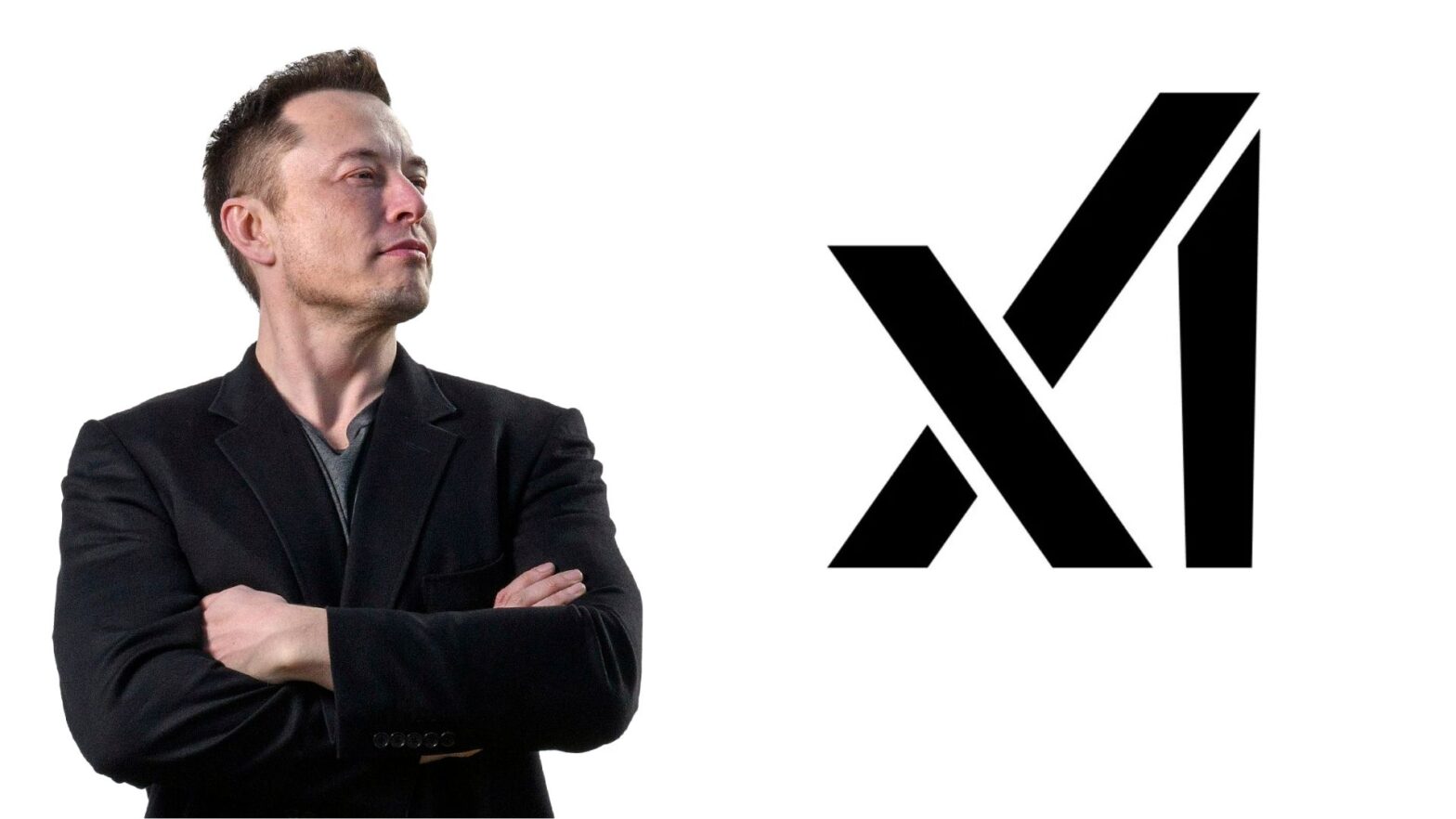Elon Musk’s artificial intelligence company, xAI, is reportedly gearing up to launch a standalone app for its Grok chatbot, with a potential release as early as December 2024. This bold move marks a significant step in Musk’s broader strategy to position xAI as a formidable competitor to AI giants like OpenAI and Google. Initially, Grok was available exclusively to X (formerly Twitter) users with premium subscriptions, but the standalone app will open the AI tool to a broader audience.

Grok is expected to differentiate itself from competitors with a variety of unique features. One standout is its ability to pull real-time data from X, providing users with up-to-date insights—something ChatGPT and Google’s Gemini currently lack. Additionally, Grok will integrate directly into X’s platform, allowing users to interact with the chatbot seamlessly via an “Ask Grok” button embedded in posts, a feature that promises greater convenience than the standalone apps of its rivals. Grok’s design will also include features that align with Musk’s vision for interconnected services, such as customer support tools for SpaceX’s Starlink and contextual search options tailored to the X ecosystem. These integrations could significantly boost Grok’s appeal, especially for those already immersed in the X platform.
Despite these advantages, experts caution that launching an app into an already crowded AI space comes with challenges. As noted by The Verge, while Grok’s functionalities like humor and multimodal capabilities could draw users in, long-term success will depend on how well xAI scales its infrastructure and ensures data privacy. With established players like ChatGPT continuously evolving, xAI must not only provide innovative features but also build trust among users concerned about privacy and misinformation.
According to The Verge, the Grok app’s launch would make it a direct competitor to other AI tools already available on major platforms, offering a more integrated and dynamic user experience. However, its ability to scale and maintain quality while navigating regulatory concerns will determine if it can truly challenge the likes of OpenAI and Google in this rapidly developing field.













